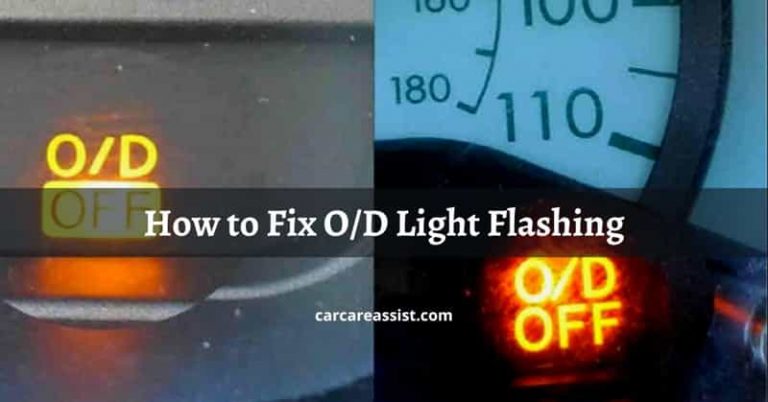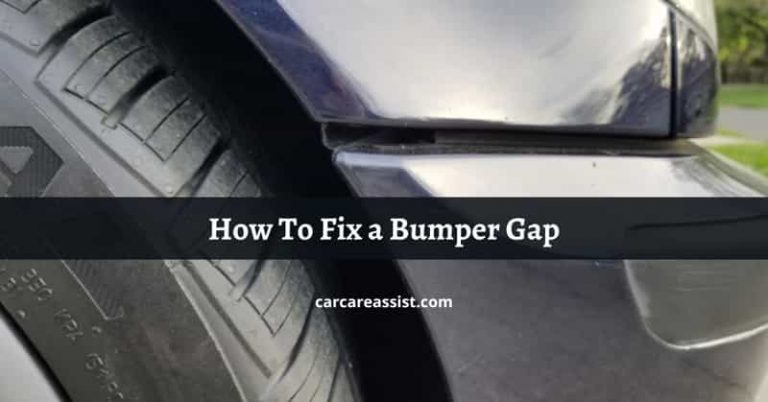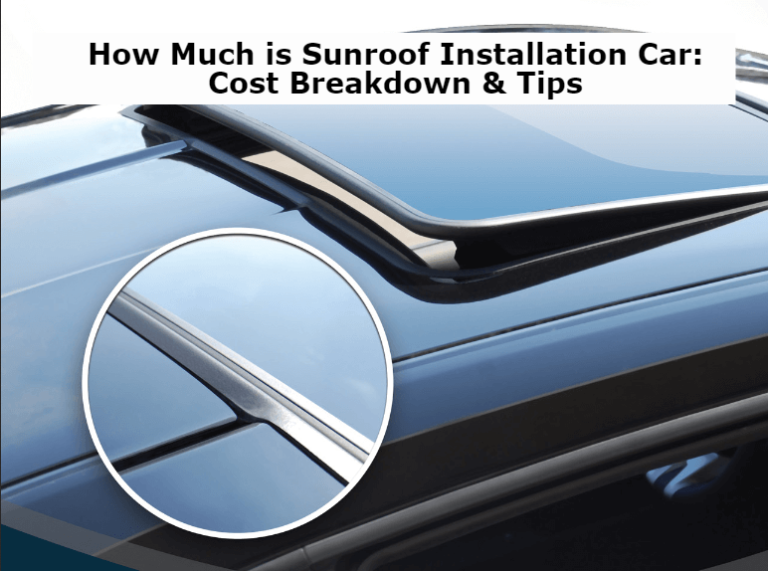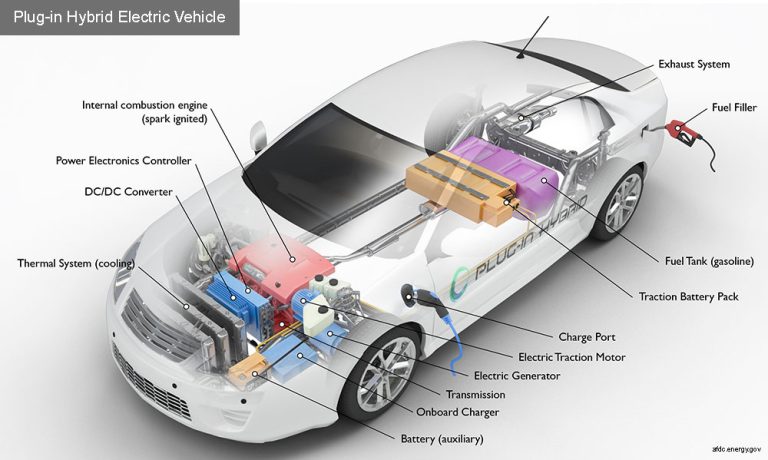How to Fix If Your Car Won’t Accelerate After Oil Change
If your car won’t accelerate after you’ve had an oil change, it could be a sign that there’s something wrong with your engine. In this guide, I’ll take a look at some of the potential causes of this problem and suggest some ways to fix it.
Please keep in mind that if you’re not comfortable doing any of these repairs yourself, you should always consult a professional mechanic.
How to Fix If Your Car Won’t Accelerate after Oil Change
If you’re unsure about what’s causing your car to accelerate slowly, it’s best to take it to a mechanic. But there are a few things you can do before taking it in. By doing these things, you can narrow down the potential causes of the problem and make it easier for the mechanic to diagnose it.
Check the engine light
One of the first things you should do if your car isn’t accelerating properly is to check the engine light. If the light is on, it indicates that there is a problem with the engine. It could be a number of things, but one possibility is that the engine is filled with sludge. If this is the case, you’ll need to take your car to a mechanic and have the sludge removed.
Check the fuel level
Another possibility is that the problem is with the fuel level. If the fuel level is low, it could cause the car to accelerate slowly. Make sure to check the fuel level and fill up if necessary.
Check the air filter
Another simple thing you can check is the air filter. If the air filter is dirty, it can restrict the amount of air that gets to the engine. This can cause the engine to run less efficiently and could result in slower acceleration. Simply replacing the air filter can often fix this problem.
Fixing the air filter:
1. Open the hood and locate the air filter housing.
2. Remove the old air filter and replace it with a new one.
3. Close the hood and start the car to see if the problem is fixed.
Check for leaks
Leaks are another possible cause of slow acceleration. If there is a leak in the fuel system, it can result in decreased fuel pressure. This can cause the engine to run less efficiently and could lead to slower acceleration. Make sure to check for any leaks and have them repaired as soon as possible.
Check the spark plugs
Spark plugs are another key component of the engine. If they are worn or dirty, they can cause the engine to misfire. This can lead to a loss of power and could result in slower acceleration. Make sure to check the spark plugs and replace them if necessary.
Fix the spark plugs:
1. Open the hood and locate the spark plug wires.
2. Remove the old spark plugs and replace them with new ones.
3. Close the hood and start the car to see if the problem is fixed.
Check the oxygen sensor
If your car still isn’t accelerating properly after trying all of these things, then it could be the oxygen sensor of the engine. Oxygen sensor helps to regulate the air-fuel mixture in the engine. If it is not working properly, it can cause the engine to run lean. This can lead to a loss of power and could make the car accelerate slowly. Make sure to have the oxygen sensor checked and replaced if necessary.
Check for other problems
There are a number of other potential problems that could cause slow acceleration. These include things like a faulty Mass Air Flow sensor, a clogged catalytic converter, or a problem with the transmission. If you can’t identify the cause of the problem, it’s best to take your car to a mechanic and have them diagnose it.
By following these tips, you should be able to figure out what’s causing your car to accelerate slowly. Make sure to check all of the potential causes and have them repaired as soon as possible. Doing so will help to ensure that your car is running at peak performance and will make driving more enjoyable.
FAQs
Q: What are some common causes of slow acceleration?
A: Some common causes of slow acceleration include a dirty air filter, a leaking fuel system, worn spark plugs, and a faulty oxygen sensor.
Q: How can I prevent my car from accelerating slowly?
A: You can prevent your car from accelerating slowly by regularly changing the oil, checking the air filter, and checking for leaks. You should also have the spark plugs replaced as needed.
Q: What should I do if my car is still accelerating slowly after trying these things?
A: If your car is still accelerating slowly after trying these things, then it’s best to take it to a mechanic and have them diagnose the problem.
Q: Will using old oil have a negative impact on my car’s acceleration?
A: Yes, using old oil can have a negative impact on your car’s acceleration. This is because old oil can cause the engine to become filled with sludge. Sludge is a thick, viscous substance that can clog the engine and affect its performance. To avoid this, make sure to change your car’s oil on a regular basis.
Q: What causes car engines to overheat?
A: There are a few things that can cause car engines to overheat. These include a dirty air filter, a leaking fuel system, and worn spark plugs. If your car is overheating, make sure to check these things and have them repaired as soon as possible.
Q: What are some common symptoms of a car that is low on oil?
A: Some common symptoms of a car that is low on oil include a burning oil smell, a loss of power, and strange engine noises. If you notice any of these things, make sure to check the oil level and add more if necessary.
Q: What are some common symptoms of a clogged catalytic converter?
A: Some common symptoms of a clogged catalytic converter include a loss of power, strange engine noises, and increased fuel consumption. If you notice any of these things, make sure to take your car to a mechanic and have them check the catalytic converter.
Q: What are some common causes of a dirty air filter?
A: Some common causes of a dirty air filter include driving in dusty or dirty conditions, and not changing the air filter often enough. To prevent a dirty air filter, make sure to change it on a regular basis.
Q: What are some common causes of a leaking fuel system?
A: A few common causes of a leaking fuel system include a faulty fuel pump, a cracked fuel line, and a loose fuel cap. If you notice any of these things, make sure to have them repaired as soon as possible.
Conclusion
I hope now you know what to do if your car won’t accelerate after oil change. I recommend taking it back to the mechanic and having them take a look at it. There are many components that work together in an automobile and if one is not functioning properly, it can cause all sorts of problems.
Thanks for reading and I hope this article was helpful.







